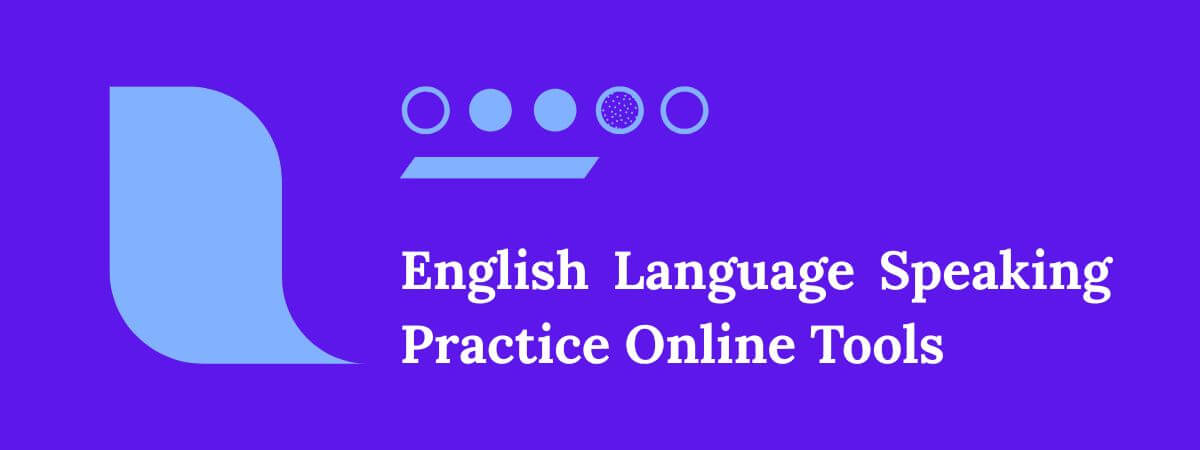Learn big words to sound smart and confident. Boost your English vocabulary, speak smarter, and impress in daily conversations effortlessly.
Big Words to Sound Smart and Confident
Do you ever feel like your English sounds too simple when you speak or write? Using big words to sound smart is not about showing off—it’s about expanding your vocabulary, expressing ideas more clearly, and sounding confident in conversations. Whether you’re in school, at work, or social settings, having a strong vocabulary can make you stand out.
Why Use Big Words to Sound Smart?
When you use precise and powerful words, people listen more carefully. A rich vocabulary makes your communication more professional and polished. For example, instead of saying “very big,” you can say “enormous.” Instead of “smart,” you can say “astute.”
This doesn’t mean you should use complex vocabulary in every sentence. The goal is to use big words vocabulary naturally, where they fit best.
Speak Smarter with Proper Noun Usage
Speak smarter with proper noun usage by naming specific people, places, or things, like “London” or “Maria.” It makes your speech clearer and more precise. Using proper nouns correctly shows confidence and attention to detail, helping you sound more professional in both casual conversations and formal writing.
Benefits of Expanding Your Vocabulary
1. Improves Communication Skills
Big words help you explain thoughts more clearly. When you choose the right word, your listener immediately understands your message.
2. Builds Confidence
Using big words to sound smart makes you feel more capable in discussions, interviews, or presentations. A strong vocabulary gives you the confidence to speak without hesitation.
3. Creates a Professional Image
In workplaces, smart vocabulary makes you sound more knowledgeable. Employers, colleagues, and clients often notice when someone speaks with clarity and confidence.
Big Words to Sound Smart in Daily Life
Here’s a list of big words to use that can instantly upgrade your English.
1. Articulate
Meaning: Able to express ideas clearly.
Example: She is very articulate and always explains things well.
2. Pragmatic
Meaning: Practical, realistic, focused on results.
Example: His pragmatic approach solved the problem quickly.
3. Astute
Meaning: Clever, showing good judgment.
Example: The manager made an astute decision during the crisis.
4. Ubiquitous
Meaning: Present everywhere.
Example: Smartphones are ubiquitous in today’s society.
5. Eloquent
Meaning: Fluent and persuasive in speaking or writing.
Example: The speaker gave an eloquent speech that touched everyone.
6. Enigmatic
Meaning: Mysterious, hard to understand.
Example: His enigmatic smile made everyone curious.
7. Tenacious
Meaning: Determined, not giving up easily.
Example: She is tenacious when it comes to reaching her goals.
8. Meticulous
Meaning: Very careful and precise.
Example: The designer paid meticulous attention to every detail.
9. Resilient
Meaning: Able to recover quickly from difficulties.
Example: Children are often resilient after facing challenges.
10. Ambivalent
Meaning: Having mixed feelings about something.
Example: She felt ambivalent about moving to a new city.
Big Words to Sound Smart in Daily Conversations
Learning how to use big words to sound smart in everyday conversations can instantly boost your confidence. By incorporating advanced vocabulary like astute, eloquent, and pragmatic, you can make your speech more professional and impressive. Using these words naturally will help you speak smarter, whether at work, school, or casual gatherings, without sounding forced or unnatural.
Big Words Vocabulary to Speak Smarter Instantly
Expanding your big words vocabulary is the fastest way to speak smarter. Words like resilient, meticulous, and ubiquitous allow you to convey complex ideas with precision. By practicing these words in real sentences, you can improve both your writing and speaking, making your communication more polished and effective.
Big Words to Sound Smart and Confident
Using big words to sound smart helps you present yourself with confidence and authority. Integrating words such as articulate, tenacious, and ambivalent into your speech makes you stand out in professional and social settings. This approach not only enhances your vocabulary but also strengthens your overall English communication skills.
Big Words to Use to Impress Others
Sometimes, small changes in vocabulary make a huge difference. By choosing big words to use like eloquent, pragmatic, or astute, you can communicate your thoughts clearly while impressing listeners. Practice these words in conversation, and you’ll notice how quickly your English starts to sound more intelligent and confident.
Master Big Words Vocabulary Easily
Do you want to speak smarter and sound more confident in English? One of the most effective ways to achieve this is by building and mastering a big words vocabulary. When you know and use powerful words correctly, you can express your ideas more clearly, impress others, and even write more professionally. Whether you are preparing for a job interview, giving a presentation, or just chatting with friends, having a strong vocabulary can make a huge difference. Learning new words also helps you understand complex texts and communicate with precision, making your English sound polished and intelligent.
Speak Smarter in Writing and Conversation
Using a rich variety of nouns can make your speech and writing more engaging, clear, and impressive. Whether you’re having a casual chat or writing something formal, strong noun usage helps express your ideas better. Avoid repeating the same noun too often—it can make your language sound flat or boring. Instead, use synonyms to keep it fresh. For example, instead of repeating “house,” you could say “home” or “residence.” Expanding your vocabulary also helps. Rather than using vague words like “thing,” try “object,” “item,” or name the specific thing you’re referring to.
Big Words to Use to Speak Smarter Every Day
Using the right words can completely transform the way people perceive you. If you want to sound confident and speak smarter, learning Big Words to Sound Smart is one of the simplest yet most powerful tools at your disposal. A strong vocabulary not only helps you communicate more clearly but also allows you to express complex ideas effortlessly. For example, instead of saying “very important,” using a word like “crucial” immediately makes your sentence sound more precise and professional. Similarly, words like astute, articulate, and resilient give your language a sophisticated edge without making it sound forced. Incorporating these Big Words to Sound Smart into your daily speech can feel challenging at first, but with consistent practice, it becomes natural. Reading books, articles, and professional blogs exposes you to advanced vocabulary, while practicing speaking aloud or in conversation helps reinforce these words in your memory. Over time, you’ll notice a marked improvement not just in how others perceive your communication, but also in your own confidence while speaking. The key is to focus on understanding the meaning, pronunciation, and context of each word so that it can be applied smoothly. Whether you are giving a presentation, participating in a meeting, or simply chatting with friends, having a repertoire of Big Words to Sound Smart ensures that you can articulate your ideas clearly and leave a lasting impression. Remember, the goal is not to sound complicated but to speak smarter and more confidently, making every word count.
Big Words for a Smarter English Vocabulary
A strong vocabulary is the foundation of effective communication, and mastering it can significantly improve both your speaking and writing skills. By learning Big Words to Sound Smart and consciously incorporating them into your daily speech, you can make your English richer, more expressive, and far more engaging. Using advanced vocabulary doesn’t mean you have to sound complicated or overbearing; it’s about choosing the right words at the right time to convey your ideas clearly and effectively. Words like resilient, meticulous, and ubiquitous are excellent examples of Big Words to Sound Smart that elevate your language and help you communicate with precision. For instance, instead of saying someone “bounces back quickly,” using the word resilient immediately conveys the same idea with a more polished and confident tone. Similarly, meticulous is far more powerful than simply saying “very careful,” and ubiquitous captures the idea of something being “everywhere” in a single, elegant word. By regularly practicing these words in sentences, conversations, and writing exercises, you train your brain to think in more sophisticated language. Over time, this not only helps you speak smarter but also boosts your confidence in discussions, presentations, and professional interactions. Expanding your vocabulary with Big Words to Sound Smart allows you to express complex ideas succinctly, leaving a stronger impression on your listeners or readers. Ultimately, building a smarter English vocabulary transforms the way you communicate, making your ideas more compelling, memorable, and impactful in every setting, whether casual, academic, or professional.
Conclusion
Mastering big words to sound smart is more than just memorizing vocabulary-it’s about using language confidently, clearly, and effectively in every situation. By expanding your big words vocabulary and incorporating advanced words like articulate, resilient, meticulous, and eloquent into your daily conversations, you can speak smarter, impress your listeners, and express your ideas with precision. Consistent practice in reading, writing, and speaking helps you internalize these words, making their use natural rather than forced. Whether in casual chats, professional meetings, or academic settings, choosing the right words enhances your credibility and makes your communication more impactful.

